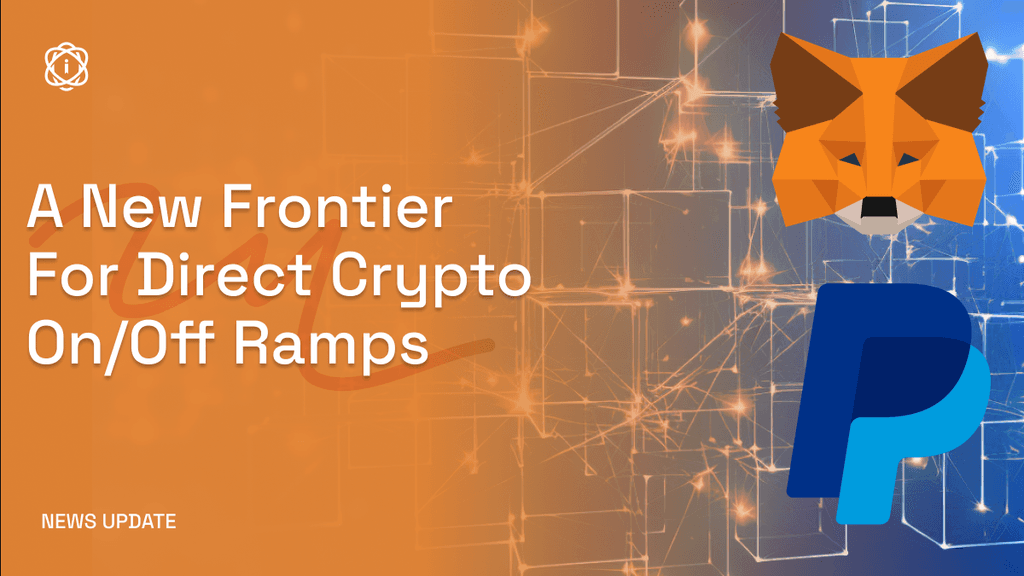Background and History
Swell was launched as a forward-thinking solution to the limitations of traditional Ethereum staking, which often locks assets for extended periods and limits participation in the broader DeFi ecosystem. Recognizing the potential for Ethereum staking to be more flexible and integrated with DeFi, Swell introduced its liquid staking protocol, allowing users to maintain liquidity while earning staking rewards.
The development of Swell was motivated by the challenges faced by stakers who wanted to retain control over their assets while still contributing to Ethereum’s security through staking. By introducing swETH, a tokenized representation of staked ETH, Swell provided a way for stakers to remain liquid and active in DeFi. The project has since evolved to include liquid restaking, further enhancing its utility and appeal to a diverse range of Ethereum users.







